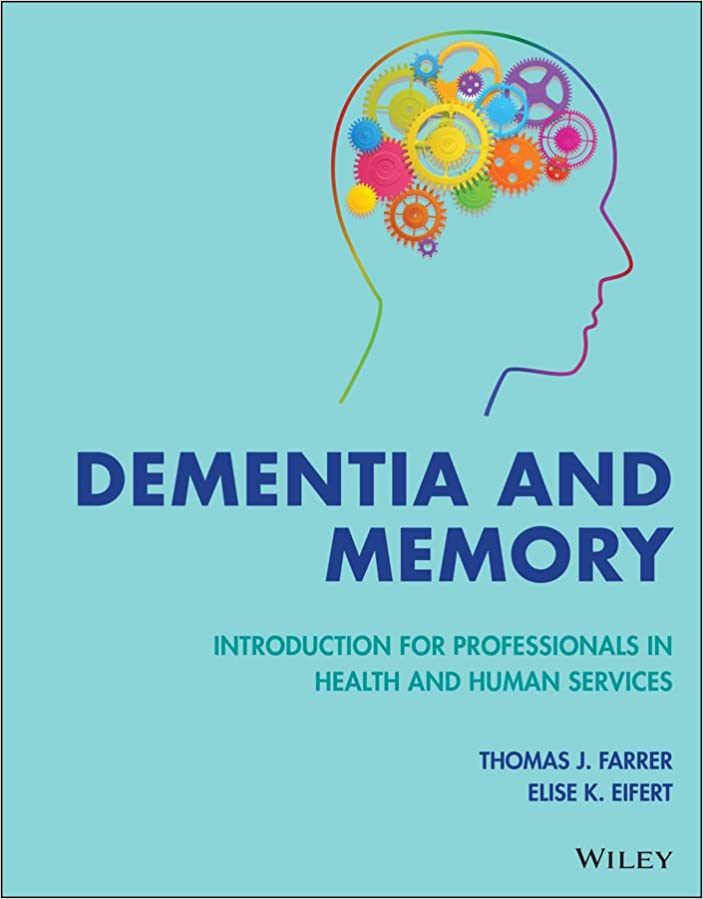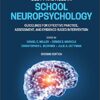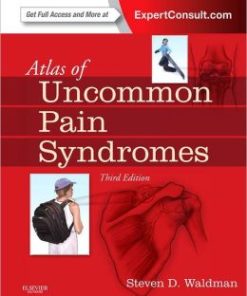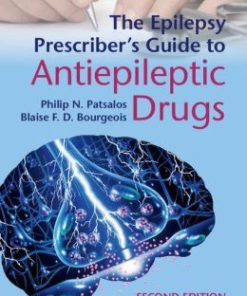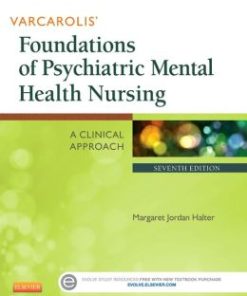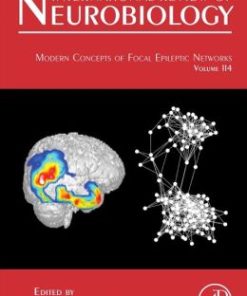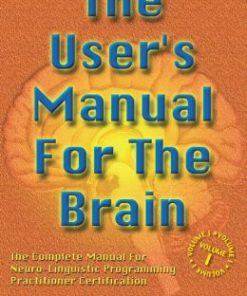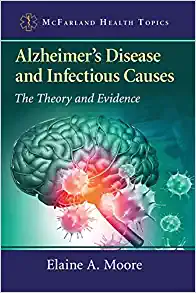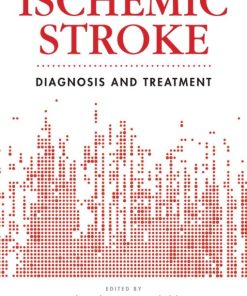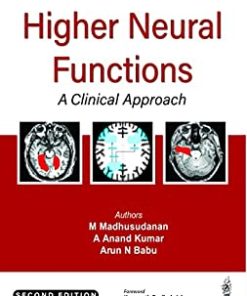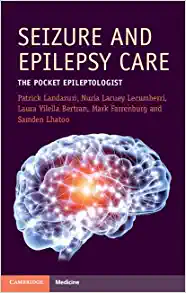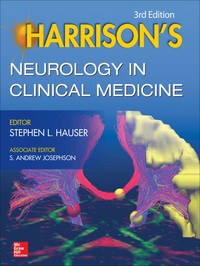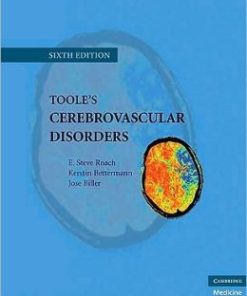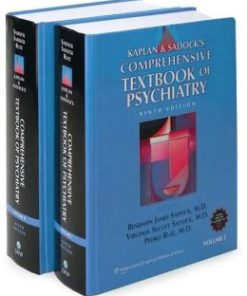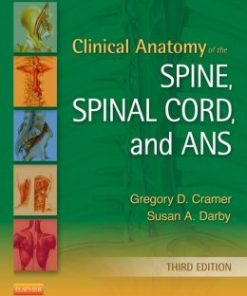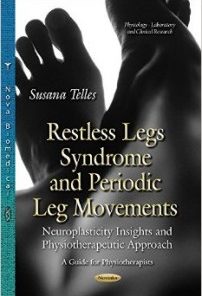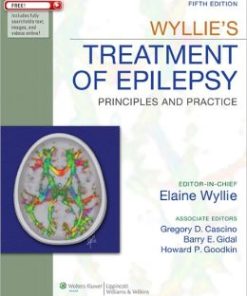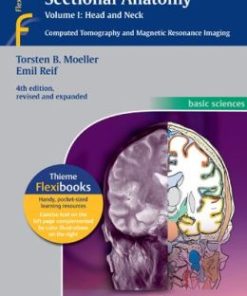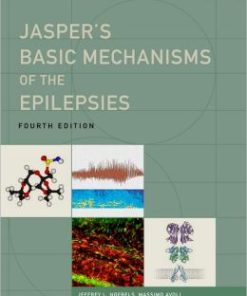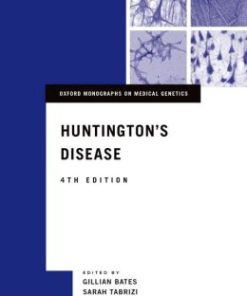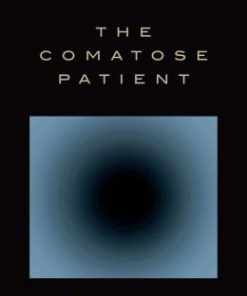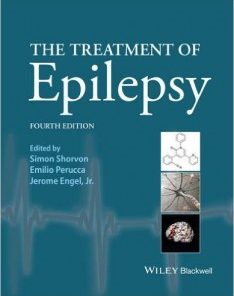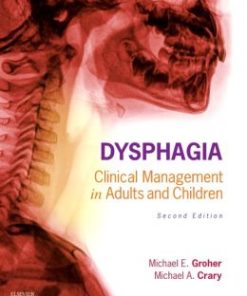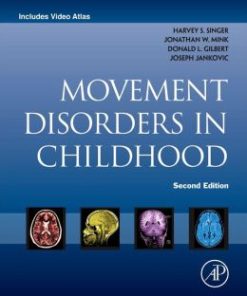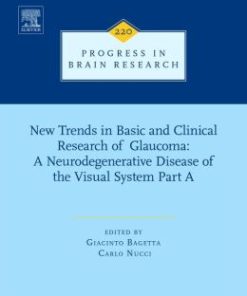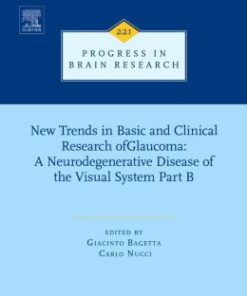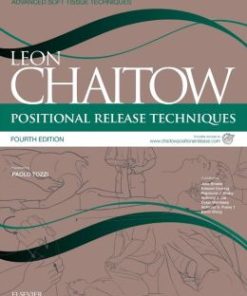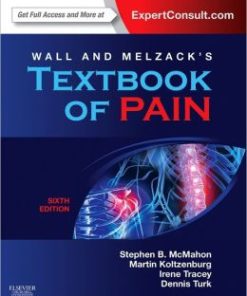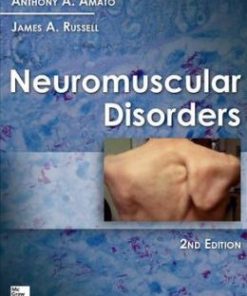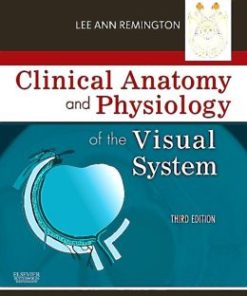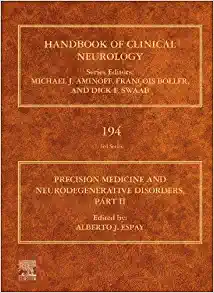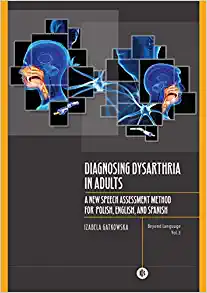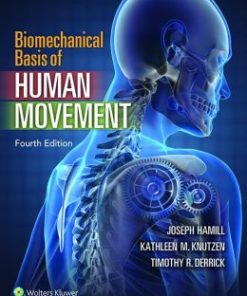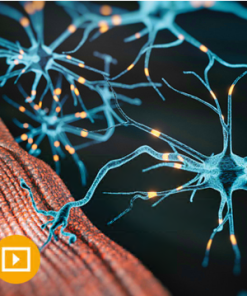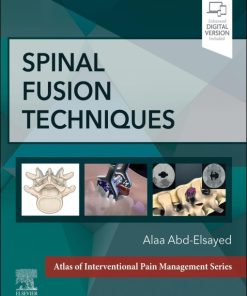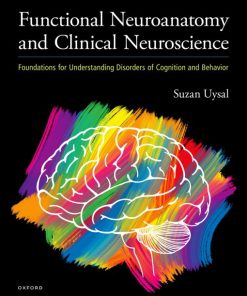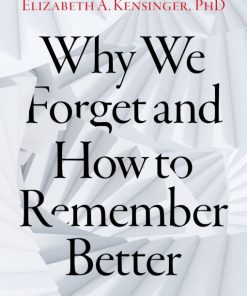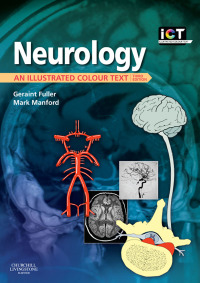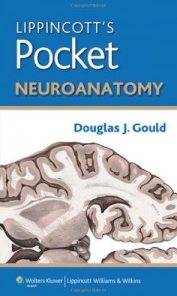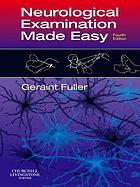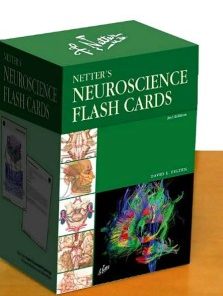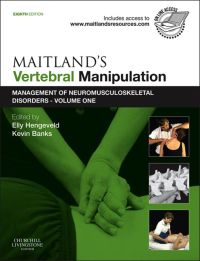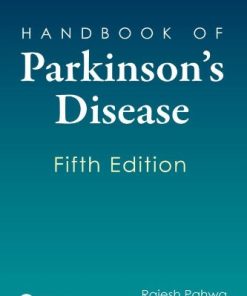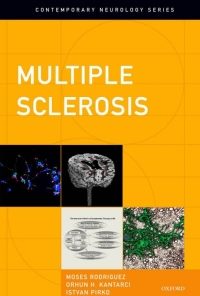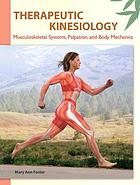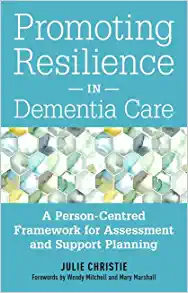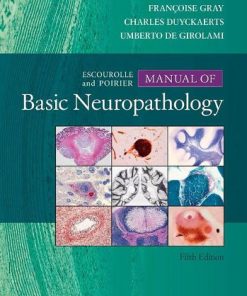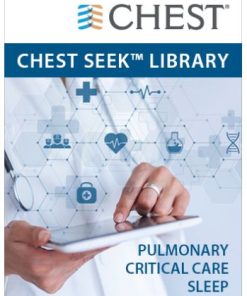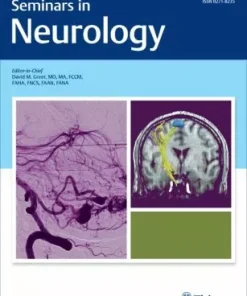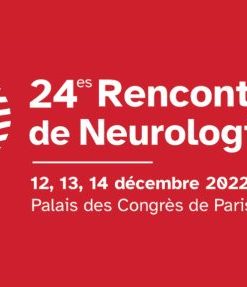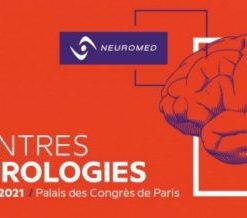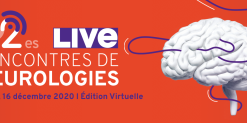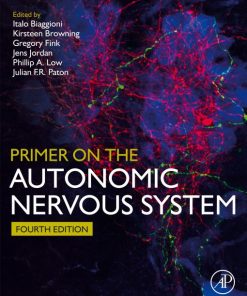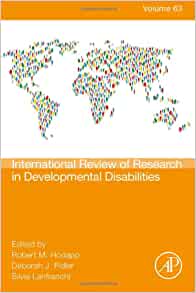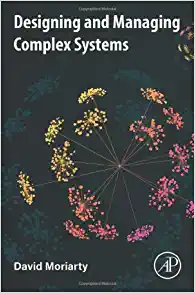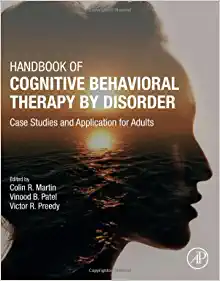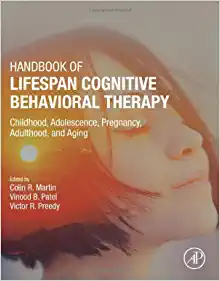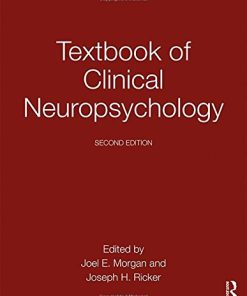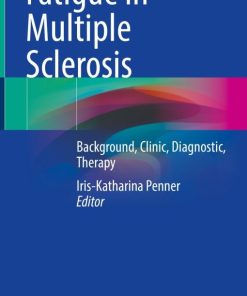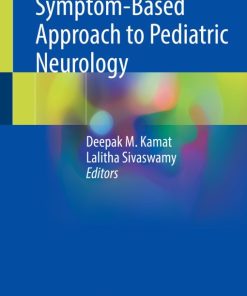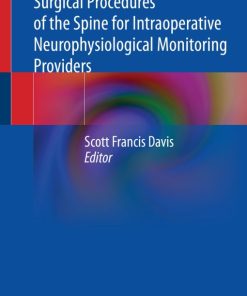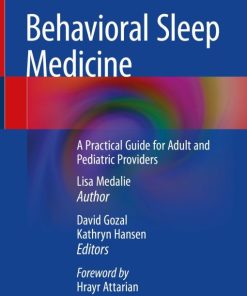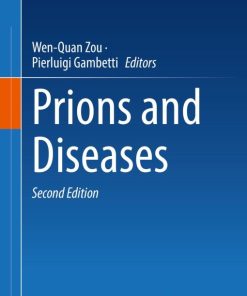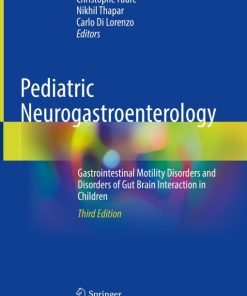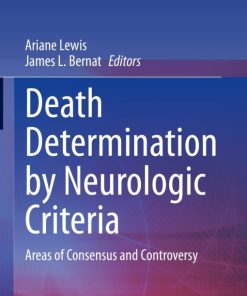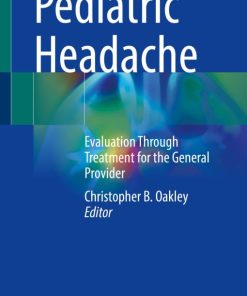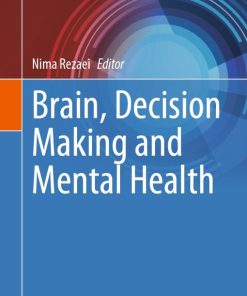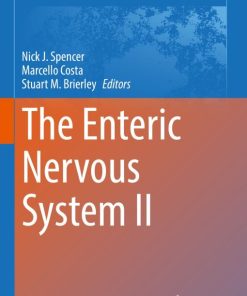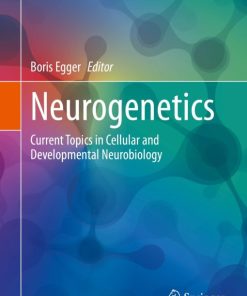Dementia and Memory: Introduction for Professionals in Health and Human Services (Original PDF from Publisher)
$15
Publisher PDF
File Size = 8.40 MB
- Gain background knowledge of age-related conditions including Alzheimer’s, Parkinson’s, Lewy Body dementia, multiple sclerosis, and more
- Learn about the neuroanatomy of the aging brain and how its manifestations lead to unique caregiving issues and challenges
- Discover pharmacological, management, and intervention techniques that will help you better care for aging adults
- Combat caregiver stress and compassion fatigue when dealing with difficult memory disorders and dementia
- Publisher : Wiley; 1st edition (March 11, 2022)
- Language : English
- Paperback : 320 pages
- ISBN-10 : 1119658098
- ISBN-13 : 978-1119658092
- ISBN-13 : 9781119658092
- eText ISBN: 9781119658122
By Thomas J. Farrer, Elise K. Eifert
Addresses the psychology and treatment of diseases that affect the memory of an aging population
The aging population is growing, with a significant portion of the population over the age of 65. Epidemiological research suggests that rates of age-related conditions like Alzheimer’s disease will increase. Older individuals and their families face a host of problems related to the diagnosis, treatment, and psychological management of these conditions. There is a growing demand for healthcare personnel and professionals in the human and social services who have the knowledge and skills to meet the needs of this special population. Dementia and Memory: Introduction for Professionals in Health and Human Services aims to provide an introduction to dementia and memory disorders for professionals in public health, nursing, social work, gerontology, psychology, and beyond.
This book offers a scientifically rigorous approach with an approachable writing style, making it an ideal resource for all helping professions. All chapters take a multi-disciplinary approach to instruction, and all diseases are presented with applicable historical background. For each condition covered, from Alzheimer’s and Parkinson’s to depression and frailty, you’ll find a description of the condition, epidemiological data, pathophysiology, diagnostic criteria, clinical presentation, treatment strategies, and a case vignette. You’ll also learn about older adults’ daily needs, behavioral interventions, caregiver stress, and more.
Anyone who works with older adults in community, clinical, or research settings will benefit from this in-depth information on conditions of aging and dementia.
Product Details
Related Products
NEUROLOGY BOOKS
NEUROLOGY BOOKS
NEUROLOGY BOOKS
NEUROLOGY BOOKS
Huntington’s Disease, 4th Edition (Original PDF from Publisher)
NEUROLOGY BOOKS
The Comatose Patient, 2nd Edition (Original PDF from Publisher)
NEUROLOGY BOOKS
NEUROLOGY BOOKS
NEUROLOGY BOOKS
Neurologie: Dossiers progressifs et questions isolées corrigés
NEUROLOGY BOOKS
NEUROLOGY BOOKS
NEUROLOGY BOOKS
NEUROLOGY BOOKS
NEUROLOGY BOOKS
Lippincott’s Pocket Neuroanatomy (Original PDF from Publisher)
NEUROLOGY BOOKS
Netter’s Neuroscience Flash Cards, 2e (Netter Basic Science)
NEUROLOGY BOOKS
Diet Impacts on Brain and Mind (Original PDF from Publisher)
NEUROLOGY BOOKS
CHEST SEEK Library 2022 (Videos + Audios + Flashcards + Qbanks)
NEUROLOGY BOOKS
NEUROLOGY BOOKS
NEUROLOGY BOOKS
NEUROLOGY BOOKS
NEUROLOGY BOOKS
NEUROLOGY BOOKS
NEUROLOGY BOOKS
NEUROLOGY BOOKS
NEUROLOGY BOOKS
Prions and Diseases, 2nd Edition (Original PDF from Publisher)
NEUROLOGY BOOKS
NEUROLOGY BOOKS
NEUROLOGY BOOKS

